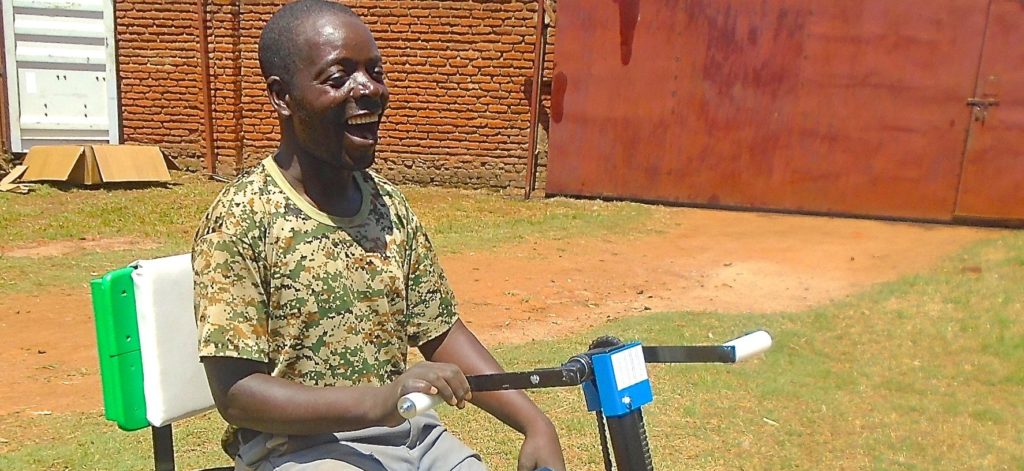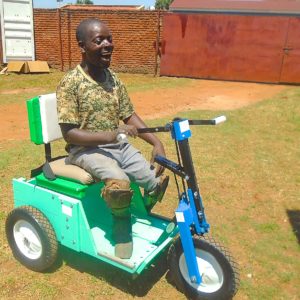With Wilson Tembo’s return to the capital to head up Action for Progress, it was quite evident how much Malawi’s capital city of Lilongwe had changed in the eight years he had been in the southern region. While Wilson is originally from a village north of the city, he had been working in and around the central region with the Malawi Project for a number of years before operations were moved to a location near Zomba.
As he traversed the overcrowded city streets that morning by car, he was acutely aware of the vast amount of foot traffic as most people cannot afford automobiles. One had to be vigilant every moment or an unsuspecting pedestrian would be a casualty of one’s lack of attention. Additionally, there are a large number of those who cannot walk about the city due to disabilities and many are forced to crawl on their hands and knees, almost invisible to even a careful driver.
With stores open only till noon on Saturday, the streets are especially crowded. Add narrow lanes, and a large number of people moving in and out of the traffic lanes, and the stage is set for disaster. Wilson carefully traverses the crowd filled streets, then sees something out of the corner of his eye. He suddenly slams on the brakes as he sees a man crawling out from between two cars, nearly into his line of travel. Wilson pulled to the side, parked, and walked back to talk with the man. Obviously, the handicapped man realized he had put himself at death’s door and was gripped with fear and tension. Tembo saw the opportunity to help him.
Wilson asked his name and questioned him about his circumstances. He questioned if the man had any type of transportation. The man, Madlitso Banda responded he did not. He went on to tell Tembo the government had supplied him with a wheelchair a number of years ago, but it had long ago broken down. He had no funds to repair it, and since 2012 had been crawling on the ground and begging on the streets to feed his family. His paralysis had been with him for 30 years, ever since he was quite young. Wilson concluded it had probably been cerebral malaria.
Wilson conducted a thorough interview and discovered that in addition to his mobility problems, he had long entertained a dream to create a small business. He was even willing to sell his house and buy a smaller one in order to fund his business. He said life on the street had become too dangerous to continue this way. Wilson learned he is the father of 5 children, but the entire family had been living on handouts.
Three days later a new mobility unit reached Mr. Banda. With a broad smile that spread across his face, he turned to Wilson and stated, “Because of this mobility opportunity I can now run a small business. I really thank you for providing it for me.”


